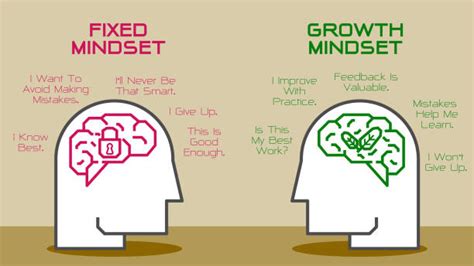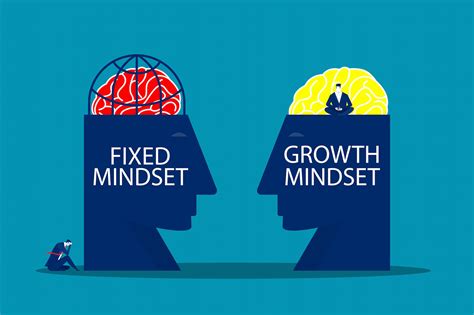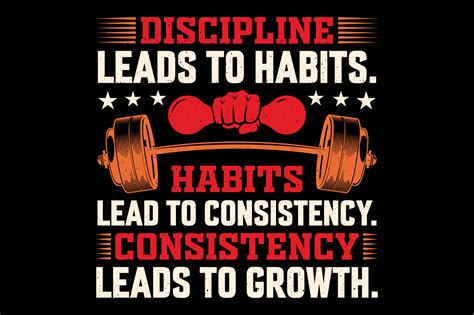Procrastination, the act of delaying or postponing tasks, is a formidable foe for anyone pursuing significant fitness or career aspirations. It’s not merely a sign of laziness but often a complex interplay of fear, overwhelm, and a misapplication of priorities. The good news is that conquering this common obstacle isn’t about willpower alone; it’s about making fundamental shifts in how we perceive tasks, our abilities, and the very concept of progress.

The Root of Procrastination: More Than Just Laziness
Before we can shift our mindset, it helps to understand why we procrastinate. Often, it stems from a fear of failure or success, perfectionism that paralyzes us, or tasks feeling too daunting and overwhelming. Sometimes, it’s a lack of clarity about the first step, or even a struggle with instant gratification versus long-term rewards. Recognizing these underlying causes is the first step towards addressing them with a targeted mindset change.
Key Mindset Shifts to Conquer Procrastination
1. From Perfectionism to Progress: The “Done is Better Than Perfect” Mantra
One of the most insidious forms of procrastination is rooted in perfectionism. The desire for an ideal outcome can prevent any outcome at all. The antidote is to adopt a progress-over-perfection mindset. Understand that initial attempts don’t have to be flawless; they just need to be started. For fitness, this means a short workout is better than no workout; for career, a draft proposal is better than a blank page. Embrace the messiness of creation and the iterative nature of improvement.

2. From Overwhelm to Micro-Actions: The Power of Tiny Habits
Large goals can feel paralyzing. The mindset shift here is to break down monumental tasks into the smallest, most manageable actions possible. Instead of “write a report,” think “open the document and type the title.” For fitness, “run a marathon” becomes “put on your running shoes.” These micro-actions lower the barrier to entry, reduce perceived effort, and build momentum. Once you start, the likelihood of continuing significantly increases.
3. From Future Self to Present Self: Act Now, Not Later
Procrastination often involves a belief that our future selves will be better equipped, more motivated, or less busy. This is a cognitive distortion. The mindset shift is to recognize that your current self is the only one who can act. Treat your present self as capable and responsible. Ask, “What can I do *right now* to move forward?” This grounds you in the present and empowers immediate action rather than deferring to a mythical, more productive future self.

4. From External Motivation to Intrinsic Drive: Find Your “Why”
Relying solely on external rewards or pressures is a fragile foundation for sustained effort. A powerful mindset shift is to connect your goals to your deeper values and intrinsic motivations. Why is this fitness goal important to you? What impact will achieving this career goal have on your life or others? When you understand and deeply feel your “why,” it provides a powerful, internal source of fuel that overrides the urge to procrastinate.
5. From All-or-Nothing to Consistent Effort: The Habit Loop
Many of us fall into the trap of believing that if we can’t do something perfectly or for a long duration, it’s not worth doing at all. This all-or-nothing mindset is a major procrastinator. Shift to valuing consistency over intensity. A 15-minute daily workout is infinitely more effective than a heroic 3-hour session once a month. Similarly, consistent, small efforts in your career, like dedicating 30 minutes daily to a challenging project, build far more progress than waiting for a large, uninterrupted block of time.
![One Month of Consistent Effort! [Report] : r/NevilleGoddard2](/images/aHR0cHM6Ly90czMubW0uYmluZy5uZXQvdGg/aWQ9T0lQLmE5UzE4NlZIZUpHMXBpcHhyN0VJMHdIYUQ0JnBpZD0xNS4x.webp)
Applying the Mindset to Fitness and Career Goals
For fitness, these shifts mean embracing imperfect workouts, starting with a single push-up or a five-minute walk, focusing on the feeling of strength and health, and showing up consistently even on low-motivation days. For career, it means sending that imperfect email, tackling the first line of code, connecting your work to your personal mission, and dedicating small, consistent blocks of time to difficult tasks rather than waiting for ideal conditions.
Embracing the Journey: A Continuous Practice
Overcoming procrastination is not a one-time event; it’s a continuous practice of shifting your perspective and reinforcing new habits. By consciously choosing progress over perfection, breaking tasks into micro-actions, acting in the present, tapping into intrinsic motivation, and prioritizing consistency, you can dismantle the barriers that hold you back. These mindset shifts empower you to take control of your actions, transform your approach to goals, and ultimately achieve the fitness and career success you envision.





